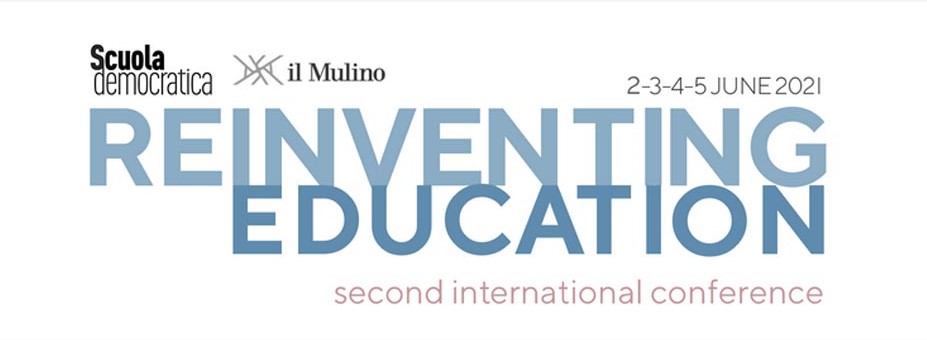Reframing Parental Involvement for School Self-Evaluation and Improvement with Epstein's Model
Quote
Romiti, S. & Favazzi, U. (2021, June 2-5). Reframing parental involvement for school self-evaluation and improvement with Epstein’s model [paper presentation]. Second International Conference of the Journal “Scuola Democratica”.
Description
Parental involvement for increasing the success of all students in school is a multi-dimensional concept, that considers both school-based practices, such as communicating strategies and parents’ participation in school decision-making, and home-based behaviours, such as supporting students’ learning at home (Epstein 2001). According to Goodall & Mongomery (2014), schools should move along a continuum from parental involvement with school to parental engagement with learning and should reinforce parents’ agency to act in relation to their children’ learning.
The Covid-19 health emergency and the related school closure have given parents greater responsibility for learning (Fiore, 2021), and parental involvement has centred more on children’s learning and needs, as confirmed by recent surveys that have collected parental views on distance learning (Capogna et al. 2021, Garbe et al. 2020).
The national format provided by INVALSI for school self-evaluation (SSE), requires examining – among other aspects - the strengths and weaknesses of the school-parents relationship. The objective of this study, within the PON Valu.E project, is to analyse and classify school-family relationships in the SSE reports by applying Epstein’s model, in order to observe which forms of parental involvement are identified as strengths and weakness.
We examined the school self-evaluation reports (RAV’s) in a sample of 725 Italian schools, focusing on the section Families’ Involvement. Using an integrated lexicometric-hermeneutic approach (Poliandri et al. 2019), supported by the software WordStat, we have created two thematic vocabularies (one for strengths, the other for weakness) that describe the main topics in the texts (coverage >80%).
The key themes emerging from the analysis are related to digital communication strategies with parents, parents’ participation in governing bodies, and parents’ participation in school events. These topics can be related to Epstein’ general categories of Communicating, Volunteering, Decision Making, and Collaborating with the community. Epstein's categories of Parenting and Learning at home remain excluded from the discourse of schools and from the SSE model. Instead, these categories became central with the pandemic and it might be important to include them in SSE format. It would be necessary to reflect on how schools could support parental engagement in children’s learning in the future, and through which indicators they could monitoring this process.
Subject
parent-school relationlearning
self-evaluation
parent participation
Interest for
EducatorsFamilies
Researchers
Rights management
Open access. The document is freely downloadable and usable for non-commercial purposes, provided that the authors are always mentioned as reported in the quote field (author, year, title, etc.).Info
- Version
- Downloads
- File Size 0.00 KB
- File Count 0
- Create Date 23 March 2022
- Last Updated 23 March 2022
Print page


